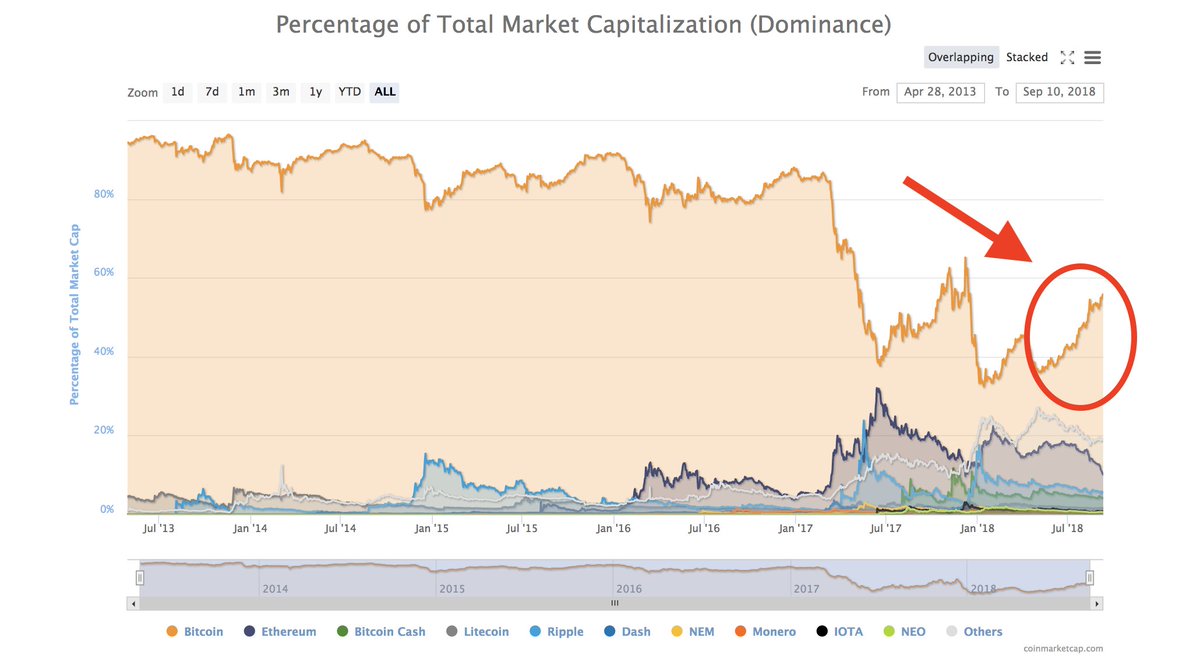🔥🔥🔥 HOT take from this opinion: a federal judge compares the CFTC's enforcement lawyers to Flat Earthers.
More context ⬇️
As time went on, DRW continually increased the price of its bids to find additional counterparties willing to trade.
DRW continued buying contracts at prices below its estimate of true value until August 2011, when IDCH realized DRW was right: the contract was faulty.
That should be the end of the story, but instead, the CFTC concluded (wrongly) that DRW's strategy was market manipulation.
(1) DRW had the ability to influence price
(2) an artificial price existed
(3) DRW caused the artificial price
(4) DRW intended to cause the artificial price
- DRW intended its bids to influence the contract price;
- That factor alone caused the price to be artificial; so
- DRW’s bids were inherently manipulative.
DRW took the position of course that its trading strategy was lawful.
The trial lasted four days, and then we waited nearly two years for the final decision.
He called the CFTC's logic "conclusory and circular," saying "artificiality is not proven or disproven by intent."
"[T]he trial testimony and exhibits prove beyond the shadow of a doubt that [DRW] sincerely believed the fair market value of the . . . Contract was higher than the bids [it] submitted[.]"
He said the CFTC's expert testimony on this issue was "absurd." He said it had "no basis in law or logic and was contradicted by the contract's very terms[.]"
Lol DAMN
"[i]t is not illegal to be smarter than your counterparties . . . nor is it improper to understand a financial product better than the people who invented [it]. . . . There is absolutely no evidence to suggest that [DRW] ever [manipulated the market.]"
Aside from setting important precedent for market manipulation cases under the Commodity Exchange Act, this case shows that government enforcement agencies like the CFTC & SEC do not make the law. They can get it wrong & they can lose in court.
If that happens, don't forget what went down when the CFTC came for DRW.


